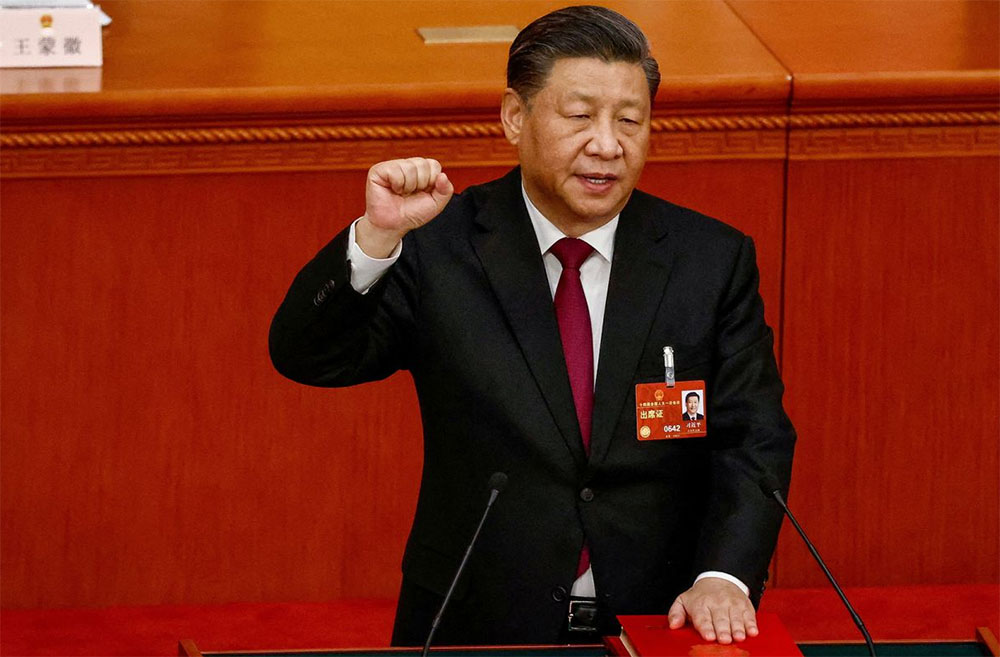Photo Credit: Getty Images
The Cook Islands' emerging partnership with China has ignited a diplomatic powder keg, challenging long-standing regional dynamics and exposing the delicate balance of power in the Pacific. Prime Minister Mark Brown's upcoming state visit to Beijing represents more than a routine diplomatic engagement—it signals a potential realignment with global geopolitical implications.
Under a 60-year free association agreement, the Cook Islands has traditionally maintained close ties with New Zealand. This arrangement provided financial support, defense guarantees, and automatic New Zealand citizenship for Cook Islanders. However, Brown's strategic move to negotiate a comprehensive partnership with China challenges this established relationship.
The proposed deal focuses on economic cooperation, targeting areas like infrastructure, trade, and tourism. Notably, deep-sea mining emerges as a potential game-changing opportunity. China, a major player in maritime resource extraction, could provide critical investment and technological expertise to transform the Cook Islands' economic landscape.
New Zealand's response has been markedly critical. Prime Minister Christopher Luxon accused the Cook Islands government of lacking transparency, describing the situation as a "dispute." New Zealand's concerns extend beyond this single agreement, reflecting broader anxieties about China's expanding influence in the Pacific region.
Statistical context underscores the complexity of this diplomatic dance. Between 2008 and 2022, the Cook Islands received $112 million in Chinese foreign aid—second only to New Zealand's $219 million. This financial interdependence highlights the strategic calculations driving Brown's diplomatic strategy.
The geopolitical significance cannot be overstated. Pacific island nations, despite their small populations, control approximately 15% of the planet's surface. Their strategic location makes them critically important for maritime routes and potential military positioning.
Winston Peters, New Zealand's foreign minister, characterized the move as "blindsiding" both the Cook Islands people and New Zealand. This rhetoric reveals the tension underlying the relationship and the perceived challenge to established regional power dynamics.
Experts like Graeme Smith from the Department of Pacific Affairs suggest the free association agreement provides sufficient flexibility for such partnerships. "Cook Islands hasn't requested help in managing its relationship with China," Smith noted, emphasizing the nation's sovereign right to pursue independent diplomatic strategies.


